5 Spicy Secrets Behind Chicken w. Szechuan Style That Will Blow Your Mind (And Taste Buds)
Welcome to the world of Szechuan spice, where every bite feels like a party on your tongue. If you've ever had Chicken w. Szechuan Style and wondered, "How did they make my mouth both numb AND set on fire?", then you're not alone.
In this article, we’ll dive into the delicious depths of this iconic dish—its history, its spice profile, and even some practical tips to master it at home without calling 911 for your tongue. Let's spice things up!
Table of Contents
- The Origin: A Tale from the Land of Spice
- Szechuan Spice Profile: Numb, Burn, Repeat
- 3 Must-Have Ingredients for Authentic Chicken w. Szechuan Style
- Pro Tips for Perfecting Your Chicken Dish
- Spice Breakdown: What Each Ingredient Does
- Global Variants & How They Compare
- Conclusion: Spice Like a Szechuan Pro
The Origin: A Tale from the Land of Spice
Szechuan cuisine hails from the Sichuan province in China, known for its bold flavors, liberal use of garlic, chili, and most importantly—Szechuan pepper. This region’s culinary tradition thrives on what’s called “mala” flavor—麻辣—which translates to “numb and spicy.”
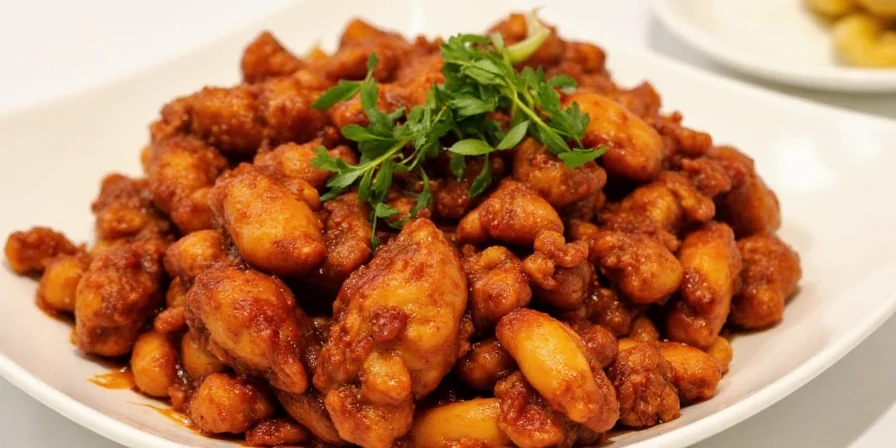
But how did this dish become so popular globally? Thanks to globalization, adventurous eaters, and a few brave chefs who decided that numbing lips were totally worth the experience. The dish made its way into takeout menus worldwide and became a favorite among spice lovers.
Szechuan Spice Profile: Numb, Burn, Repeat
If you’re familiar with other global spice traditions, Szechuan style is unique because it’s not just about heat—it’s about mouthfeel.
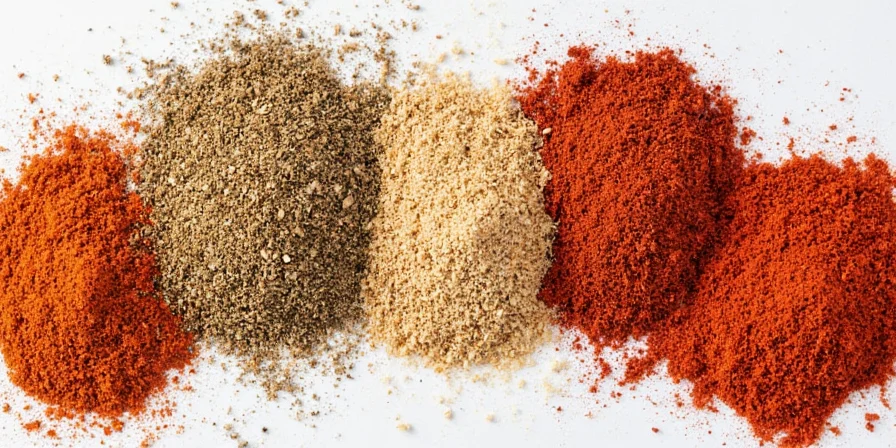
Here’s a quick breakdown:
| Characteristic | Description |
|---|---|
| Heat Level | Moderate to High (depending on chili oil/capsaicin) |
| Numbing Sensation | High (thanks to hydroxy-alpha-sanshool in Szechuan pepper) |
| Taste Complexity | Umami + citrusy notes |
The combination creates a sensation that's almost euphoric—if you can handle it.
3 Must-Have Ingredients for Authentic Chicken w. Szechuan Style
You can’t fake authenticity when it comes to Szechuan cuisine. Here are the holy trinity ingredients that define the dish:
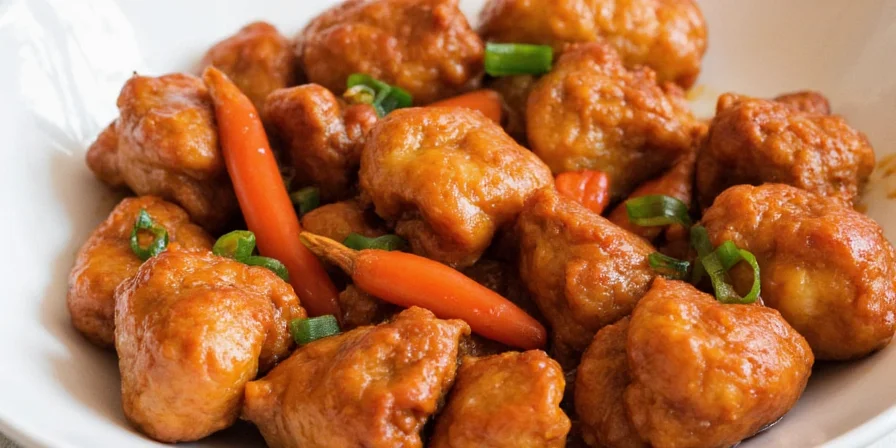
- Szechuan Peppercorns: Not really a pepper but more of a citrusy, aromatic berry. Its numbing effect is what sets the dish apart.
- Dried Red Chilies: These bring the heat. Use whole dried chilies for depth of flavor or crushed red pepper flakes for convenience.
- Chili Oil or Doubanjiang (Fermented Broad Bean Paste): Adds smoky, umami-rich depth. It’s the backbone of many Szechuan dishes.
Pro Tips for Perfecting Your Chicken w. Szechuan Style
Cooking this dish is as much about technique as it is about spice. Here’s how to nail it every time:
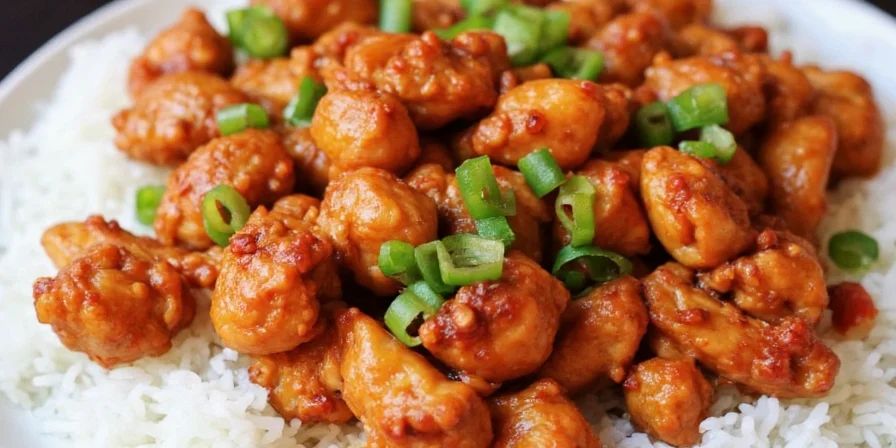
- Braise the Peppercorns First: Toast them gently before grinding to release their aroma. Be careful—they pack a punch!
- Use Bone-in Chicken: Thighs work best. The bone adds flavor, and thighs stay juicier than breasts during long cooking.
- Add Garlic Late: Szechuan garlic is usually minced and added towards the end to keep its pungency alive.
- Balance with Sugar: A tiny bit of sugar helps round out the intense flavors. Don't skip it unless you want to feel like your taste buds went through a war zone.
Spice Breakdown: What Each Ingredient Does
Let’s break down the key players and their roles in your mouth:
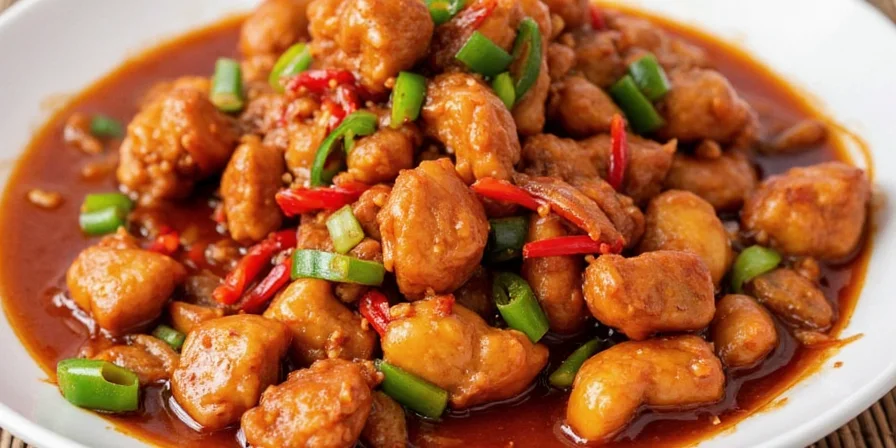
| Ingredient | Primary Role | Effect |
|---|---|---|
| Szechuan Pepper | Numbing agent | Citrusy, tingly mouthfeel |
| Dried Chilies | Heat source | Burns like a summer afternoon in Phoenix |
| Ginger & Garlic | Flavor enhancers | Add warmth and complexity |
| Soy Sauce / Oyster Sauce | Umami boosters | Make everything taste deeper and more savory |
Global Variants & How They Compare
As Szechuan-style chicken traveled across borders, different regions adapted it to local tastes. Here’s a comparison of how it stacks up globally:
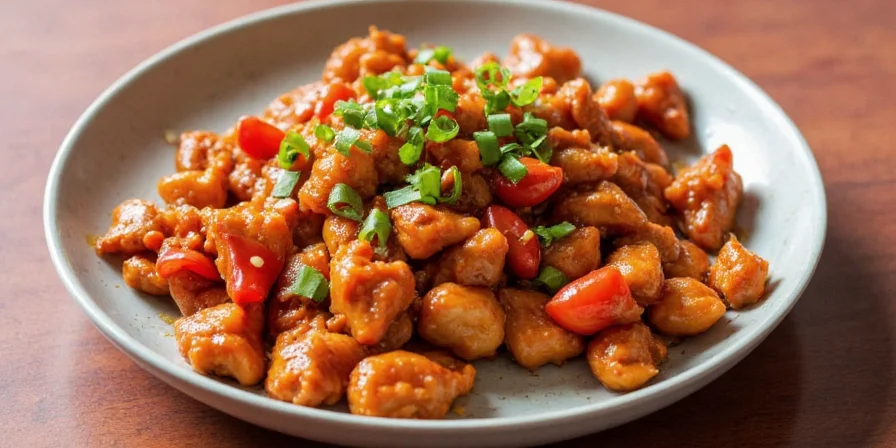
| Region | Style Adaptation | Heat Level | Key Difference |
|---|---|---|---|
| China (Original) | Classic, fiery, numbing | 🌶🌶🌶🌶 | True mala experience |
| USA | Less numbing, sweeter | 🌶🌶🌶 | Sugar and honey added for mass appeal |
| India | Uses garam masala + extra chili | 🌶🌶🌶🌶🌶 | No numbing effect, but super-hot |
| UK | Mild version with coconut milk | 🌶🌶 | Creamy and toned down |
So while the essence remains the same—heat and flavor—each culture gives it its own twist. The moral? There’s no wrong way to enjoy it… just less exciting ways if you ask us.
Conclusion: Spice Like a Szechuan Pro
Chicken w. Szechuan style isn’t just a meal; it’s an experience. Whether you're new to the spice scene or a seasoned chili connoisseur, this dish offers layers of flavor, texture, and sensory stimulation that few others can match.
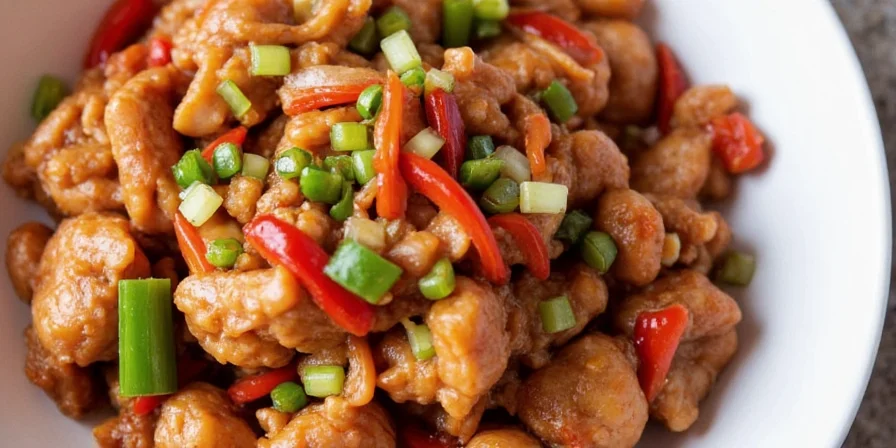
Remember:
- Don’t skip the Szechuan pepper—it’s the star.
- Control the heat to suit your palate.
- Experiment with regional variations for fun twists.
So go ahead, stir-fry with confidence, and let your kitchen echo the boldness of Sichuan province. Just maybe have a glass of milk nearby—trust us.

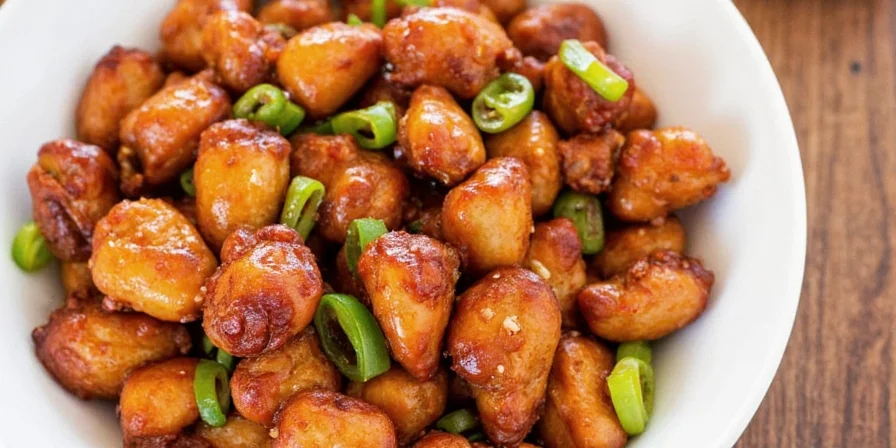









 浙公网安备
33010002000092号
浙公网安备
33010002000092号 浙B2-20120091-4
浙B2-20120091-4